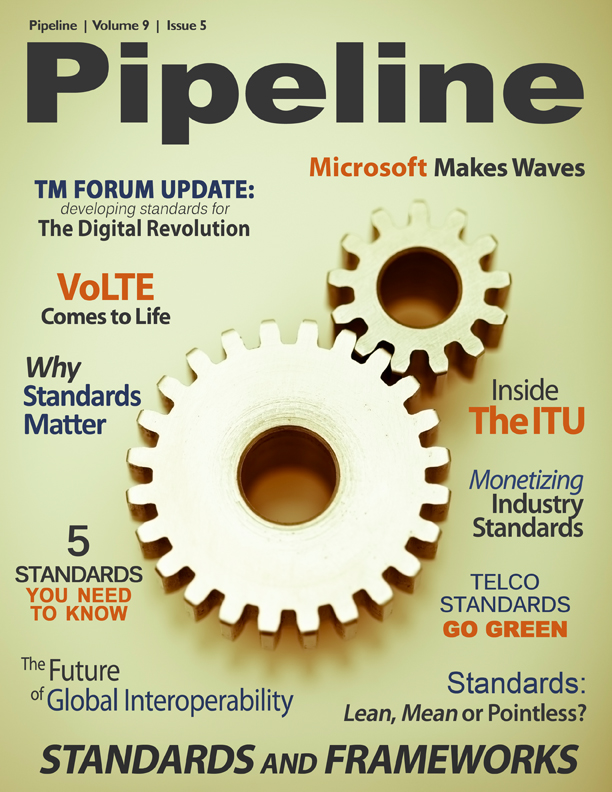OpenStand: A Platform for Global Interoperability
For example, in the modern standards paradigm defined by the OpenStand principles, industry shoulders significantly less overhead of process associated with developing and conforming to standards from one environment to the next. Duplication of effort is eliminated through collaboration among standards organizations and coordination of future standards development. Standards organizations coordinate their work so that time, money and effort—industry’s time, money and effort, ultimately passed on to customers in the form of higher prices—are not expended on needless duplicated processing of a high-quality standard for various markets and communities.
The result is that the global standards environment is made more efficient for all. Industry realizes the global standards it needs to reach global markets more quickly and cost-effectively, and consumers gain access to the interoperable products and technology innovations that they desire more quickly and cost-effectively. The voice of an empowered market rings loud and clear. Consumers are empowered above all else to determine a standard’s relevance and choose the products and services that they want and need, and the cycles of technology innovation and market growth accelerate.
Relevance in Additional Technology Areas
For some technology areas this modern paradigm for global, open standards is brand new. For participants in others the OpenStand principles will feel familiar, almost self-evident and obvious.
For example, many of the electronic-design industry’s foundational standards are market driven (as opposed to being ratified by national-body organizations). SystemVerilog, the Unified Power Format (UPF) and the Universal Verification Methodology (UVM), among others that are essential in contemporary design automation for complex electronic solutions, exemplify the OpenStand principles in action.
The global smart-grid effort, on the other hand, is a mixed bag. While global standards have a successful history in the communications and information technology (IT) industries, the standards landscape in the power industry has been historically fragmented. Except for some global standards in the performance technology space, the power industry has largely had to navigate a complex, market-by-market standards landscape. The next-generation smart grid—which seeks to augment regional facilities for electricity generation, distribution, delivery, and consumption with two-way, end-to-end communications and control to expand consumer choice, improve power reliability, allow greater reliance on renewable energy sources, etc.—requires system-level products that seamlessly interoperate with systems elsewhere in the world, including legacy infrastructure. In this way global standards could help accelerate smart-grid rollout by helping manufacturers of smart-grid products to realize a global marketplace and implementers to cost-effectively source smart-grid solutions on a global scale.
By encapsulating the Internet’s successful and borderless model for standards development and adoption, the OpenStand principles create a platform for global interoperability that is broadly applicable across the technologies that people use and the industries that will drive job growth and underpin the modern economy in the decades ahead.



















